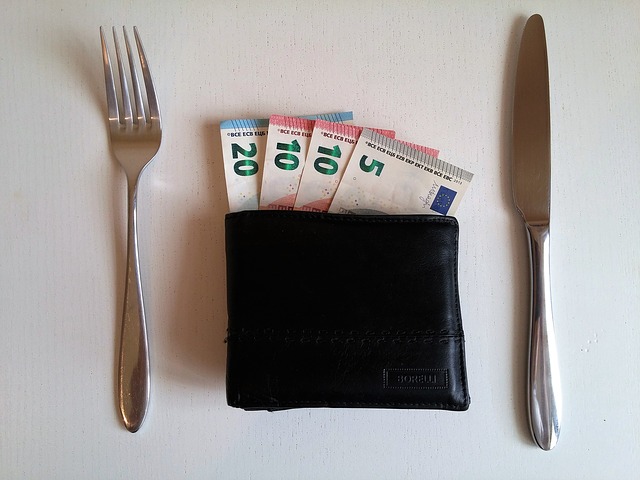Billion Dollar Unicorns: Robinhood Joins The Club

In 2016, fintech companies raised about $12.7 billion across more than 800 deals, according to CB Insights data. Another Billion Dollar Unicorn from this sector is Robinhood, which is trying to democratize stock trading through its technology-driven brokerage.
Robinhood’s Offerings
Palo Alto-based Robinhood was founded in 2013 by co-founders Baiju Prafulkumar Bhatt and Vlad Tenev. It started with the idea that a technology-driven brokerage firm could operate with significantly less overhead. It wanted to cut out the “fat” in the form of storefront locations and manual account management that makes brokerage firms costly. It is an SEC registered broker-dealer and member of the Financial Industry Regulatory Authority (FINRA) and the Securities Investor Protection Corporation (SIPC), which protect Robinhood’s end users in case of financial troubles faced by Robinhood.
Robinhood claims that it democratizes access to the financial markets and enables its customers to buy and sell US-listed stocks and ETFs easily, on their own. Users wanting to trade stocks through other channels like E*Trade would need to pay anywhere from $7-$10 per transaction. Through Robinhood, customers are able to carry out such transactions without paying any fee. According to Robinhood, it has saved its users almost half a billion dollars in fees on the transactions that it has processed since inception. The mobile app has seen rapid adoption. Its user base has grown from 1 million in October 2016 to over 2 million as of April, 2017. It is adding nearly 140,000 customer accounts each month and has more than 175,000 monthly active users on the iOS platform.
Signing up for Robinhood is easy as well. Customers can open a brokerage account by submitting an application that is verified and approved based on the information provided. The account creation takes anywhere from an hour from the submission of the form to up to five trading days based on factors such as credit history.
Users can choose to open a basic account that lets consumers begin trading with up to $1,000 of the money deposited with the company. Users also have the option of choosing their premium Gold membership, which allows them to trade on leverage. A Gold subscription allows users to borrow up to double the money in their account to trade on margin with leverage. Gold subscribers also get the benefit of being able to skip the three-day waiting period for deposits and can make trades instantly. Finally, they can also select to choose a cash option that is not regulated like a margin account. Robinhood hopes to expand its services to include joint, custodial, trust, and IRA account types in the future.
Robinhood’s Financials
Robinhood does not disclose its financials. But till recently, it wasn’t earning much in the form of revenues. Since last year, the company has been working on monetizing models. It has released a premium Gold service to earn revenues. The subscription fee ranges from $6 to $15 per month for smaller account sizes and can be as high as $200 per month when dealing with accounts that allow people to borrow up to $50,000. Critics say that Robinhood’s target market of young investors might not understand the implications of margin calls, which could quickly empty out their accounts.
Additionally, it earns revenues in the form of rebates by directing its order flow to broker dealers and as interest income on cash in its users’ accounts.
The company has been venture funded so far with $176 million raised from investors including Aaron Levie, Andreessen Horowitz, Dave Morin, DST Global, Elefund, Greenoaks Capital, GV, Howard Lindzon, Index Ventures, IT Ventures, Jared Leto, Jordan Mendell, Lee Linden, LocalGlobe, Machine Shop Ventures, Michael Liou, Nasir “Nas” Jones, New Enterprise Associates, Nurzhas Makishev, QueensBridge Venture Partners, Ribbit Capital, Rothenberg Ventures, Slow Ventures, Snoop Dogg, Social Leverage, Susa Ventures, Thrive Capital, Tim Draper, and Vaizra Investments. Last month, it added $110 million in funding in a round led by DST that valued it at $1.3 billion.
Robinhood believes that it has figured a way to reshape the brokerage industry. But I am still skeptical. The Gold subscription service opens it to a debt structure that sounds precarious. It also appears to be having a tougher time in expanding in other markets. It tied up with Baidu to expand in China, and then backed out due to the regulatory concerns.
Sramana Mitra is the founder of One Million by One Million (1M/1M), a global virtual incubator that aims to help one million entrepreneurs ...
more


